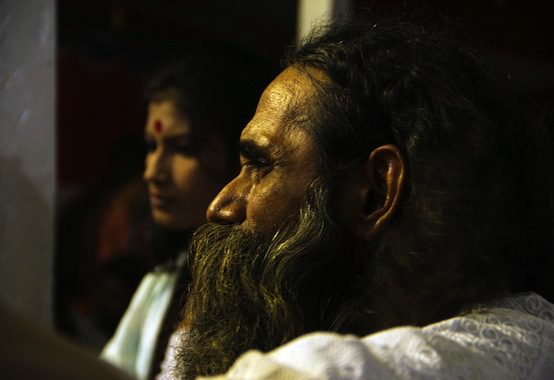Can Real Philosophers Be Childless?

According to philosopher Justin E.H. Smith, some philosophers contend that you have to be a parent to be good at your métier. He disagrees:
Implicit in this presumption is the idea that adults learn things from the children in their lives, that the children give the adults a way of imagining themselves into forms of perception and awareness that are largely off limits to us tired old phantoms. Yet remarkably some of the best writing on childhood by philosophers comes from before the era in which parenthood was part of a philosopher’s public identity, and was written by philosophers reflecting on their ownchildhoods. In many cases, these writers were themselves childless, but nonetheless were able to find within themselves resources of imagination and Einfühlung that completely belie the conceit that there are states of awareness that the childless cannot know. I am thinking for example of Richard Wollheim, who had children, but who never would have thought to write about them in his memoir, instead preferring to focus on his own first years. In his memoir, Germs, he describes his own monumental achievement in learning to use toilet paper, and confesses: “It is what I think of when I hear moral philosophers discuss responsibility.”
A philosopher who can philosophize about wiping his butt — now that’s my kind of egghead, for sure! I wonder what he thinks of his valve?
Anyway, it’s an interesting question, isn’t it? I have to take Smith’s side, in general. No one who belongs to part of a religious tradition that esteems cloistered monks can possibly believe parenthood is the sine qua non of philosophical wisdom. The interesting question is not “Can real philosophers be childless?” (of course they can), but rather, “What does parenting teach us about philosophical wisdom?” It seems to me uncontroversial that there are things parents learn through experience that those without the experience of parenthood do not know. I was startled by how my own general perspective changed once I became a father, in the sense that I suddenly felt more responsible for my moral choices and opinions in a way I hadn’t before I had to consider the kind of world in which my children would grow up.
Besides, childhood is itself the source of many of our philosophical challenges and problems. Here is a passage from one of my favorite novels, The Rebel Angels, by Robertson Davies. The speaker is the dissolute Anglican monk Parlabane:
“What really shapes and conditions and makes us is somebody only a few of us ever have the courage to face: and that is the child you once were, long before formal education ever got its claws into you — that impatient, all-demanding child who wants love and power and can’t get enough of either and who goes on raging and weeping in your spirit till at last your eyes are closed and all the fools say, ‘Doesn’t he look peaceful?’ It is those pent-up, craving children who make all the wars and all the horrors and all the art and all the beauty and discovery in life, because they are trying to achieve what lay beyond their grasp before they were five years old.”
Subscribe for as little as $5/mo to start commenting on Rod’s blog.